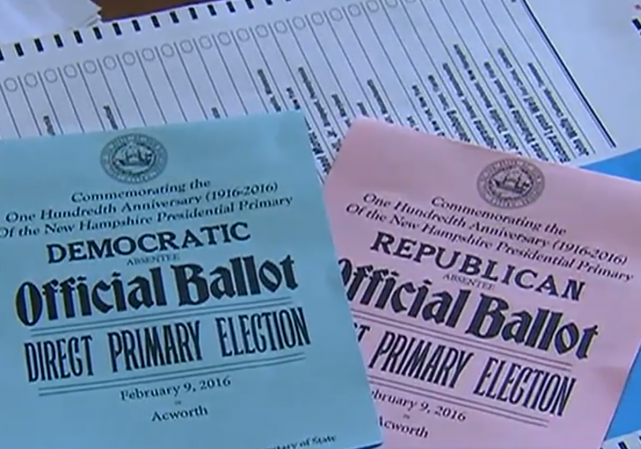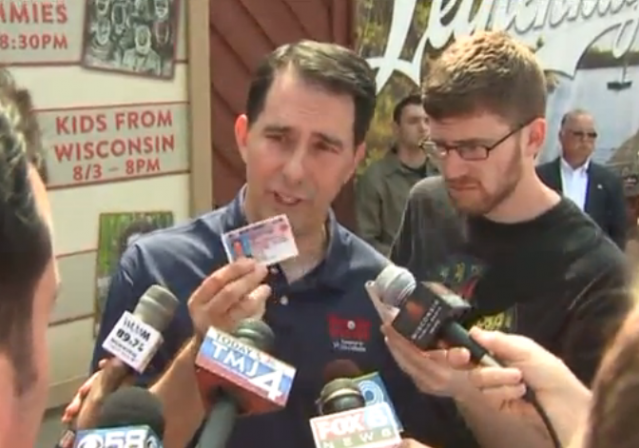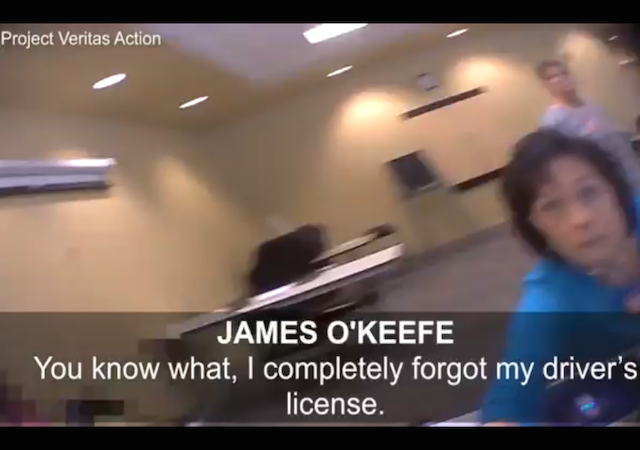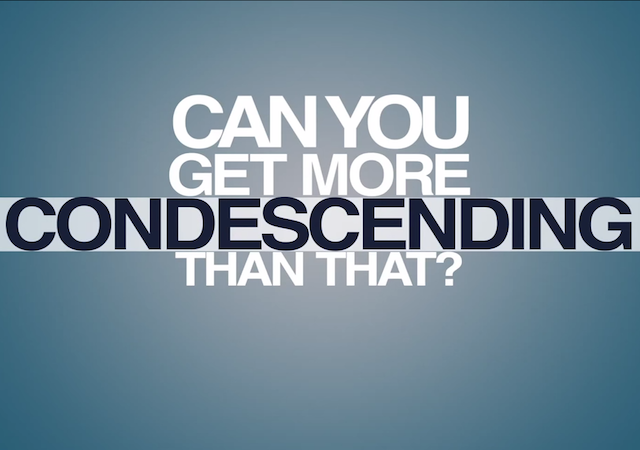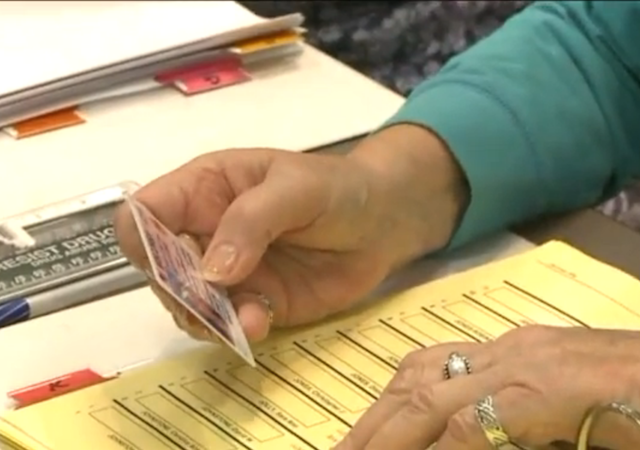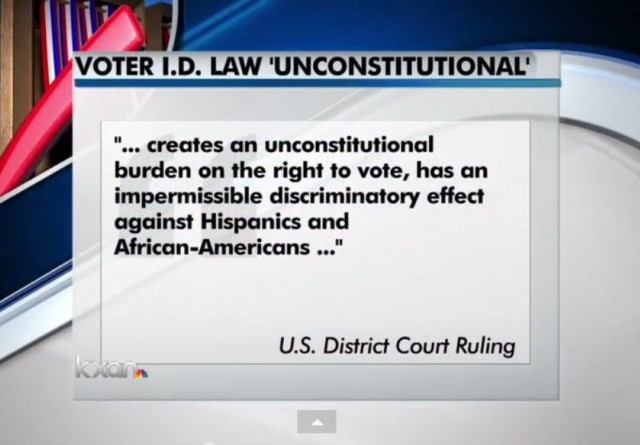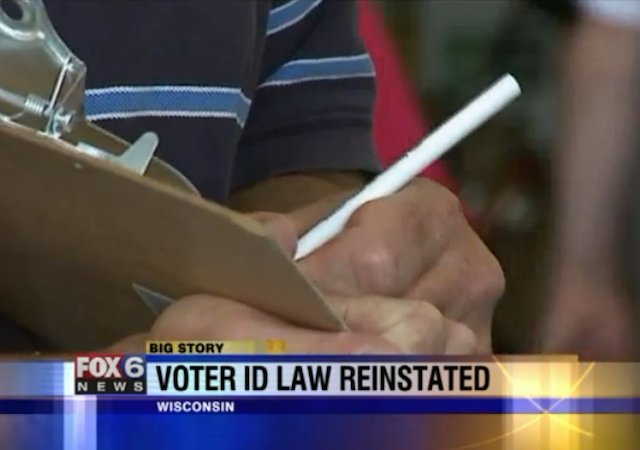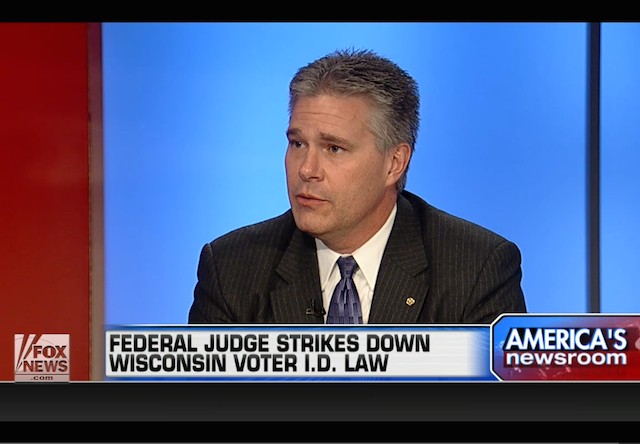Last month, the Justice Department
asked for an injunction to prevent the state of North Carolina from implementing
changes the legislators made to state election law. The lawsuit, first filed in 2013, is backed by the NAACP and the League of Women Voters, and claims that the new law--namely, its strict voter ID requirement--was passed in violation of the 14th, 15th, and 16th Amendments, as well as section 2 of the Voting Rights Act.
However, a federal district judge has ruled against the DoJ, which means that North Carolina's new election laws will be in force for the midterm elections come November.
The court held that, although the DoJ's lawsuit has merit (meaning that the court can't justify simply dismissing it,) attorneys for the plaintiffs failed to provide a "clear showing" of entitlement (meaning that they failed to show the court that they would succeed on the merits of their legal claims.) The court also said that, with regards to several of the claims, the plaintiffs had failed to show that they would suffer irreparable harm before trial in the absence of an injunction.
North Carolina's new election laws contain a complete overhaul of the state's policies. Although the main point of contention rests with the new voter ID laws, the bill also reforms existing law. From the
opinion:

